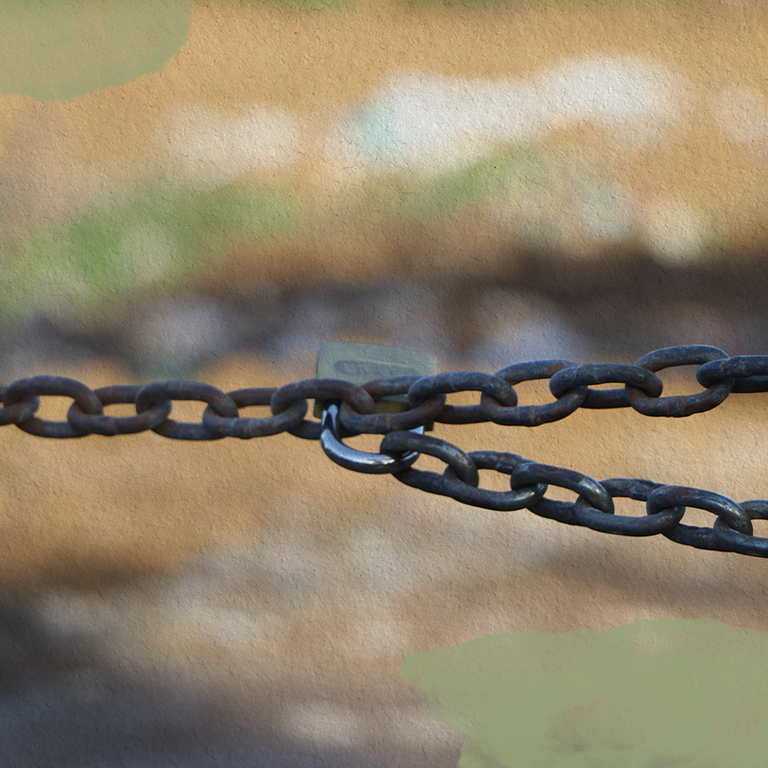By Ascom MDR and Elisa Malta

A destination that attracts many tourists from all over the country for its paradisiacal beaches, 30 years ago the municipality of Itacaré, in Bahia, housed an open-air dump that was inconsistent with the natural endowments of the place. The Itacaré Dump was an inadequate waste disposal site with more than five hectares in size in the middle of the Atlantic Forest, and it received approximately 30 tons of untreated waste every day. The site was a threat to biodiversity, public health and local tourism since it was a source of water pollution, deforestation of the Atlantic Forest, increased emission of greenhouse gases, and erosion.
Twenty-two waste collectors and their families obtained their livelihood from that site by picking up recyclables in the middle of the dump under inadequate working conditions. Adriana Santos, who has worked as a waste collector since she was a child, is all too familiar with this reality and all of its hardships, the constant threat to health and even social prejudice. “Sometimes we get sick, but we are forced to work come rain or shine. People look down on us because we work at the dump,” she says. It was at the dump that she met her husband, José Emerson de Carvalho. A collector for 23 years now, José is the president of the Vitória Association of Recyclable Collectors in Itacaré. Adriana, José and their children are one of the families that rejoiced when the dump was closed down.
In August 2022, the site was the first in the middle of the Atlantic Forest to be decommissioned following enactment of the New Legal Framework on Sanitation. The law provides for the closure of 3,000 sites for inadequate final disposal throughout the country. Decommissioning of the Itacaré landfill was supported by the Ministry of Regional Development (MDR) and GIZ Brasil. “There is a huge number of open-air dumps along the Brazilian coastline. As these sites are expected to be decommissioned, we are making headway in the rehabilitation of the sea in these areas,” says the national secretary for sanitation at the MDR, Pedro Maranhão.
In order to ensure that the Itacaré landfill is closed down and solid waste is properly managed, technical analyses, training, seminars and public awareness campaigns were conducted. The actions were launched in 2021, and from 2022 they’ve relied on support from the ProteGEEr project. “Closing down a dump entails thinking about integrated and sustainable solutions for waste management, and this can only be done through political will, engagement, technical advice, and several people working together. Going forward, it is important to expand selective waste collection and make the system financially sustainable,” says project director Hélinah Cardoso.
Improving sanitation conditions helps to reduce greenhouse gas emissions, preserve natural resources, develop eco-businesses, and generate jobs and income. In addition to decommissioning the landfill, transshipment, sorting and eco-business sites were established. The site has 25 families working in better conditions and is equipped with machinery for the reuse of discarded materials, a digital scale and a glass crusher.
“We are going to have decent work with an equipped shed. It is a joy not only for me, but for the entire community,” says José. It is also an opportunity to promote a fairer future for younger generations. “I never wanted my children to work with waste all around them, and I always wanted to give them the best. Now this will change, it will be much better for everyone,” celebrates Adriana.
Project: Support for the implementation of the National Solid Waste Policy considering climate protection (ProteGEEr)
Partner: Ministry of Regional Development (MDR)
Funding Partner: Federal Ministry for the Environment, Nature Conservation, Nuclear Safety and Consumer Protection (BMUV, in the German acronym)